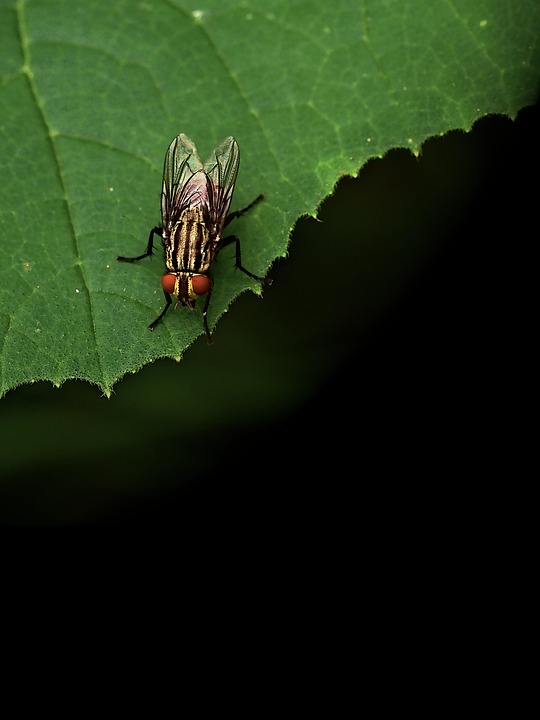Conquering Garden Pests: A Step-by-Step Guide to Protecting Your Plants
Keeping your garden pest-free is essential to ensure the health and vitality of your plants. Pests such as insects, rodents, and diseases can wreak havoc on your garden if left unchecked. In this comprehensive guide, we will provide you with a step-by-step approach to conquering garden pests and protecting your plants.
Identifying Common Garden Pests
The first step in conquering garden pests is to identify the common pests that may be causing damage to your plants. Some of the most common garden pests include aphids, caterpillars, slugs, snails, and spider mites. By identifying the specific pests that are plaguing your garden, you can take targeted measures to control and eliminate them.
Implementing Natural Pest Control Methods
One of the most effective ways to control garden pests is to implement natural pest control methods. This includes using companion planting, introducing beneficial insects, and using organic pesticides. Companion planting involves planting certain plants together that repel pests or attract beneficial insects. For example, planting marigolds around your tomato plants can help repel aphids.
Introducing beneficial insects such as ladybugs, lacewings, and parasitic wasps can also help control garden pests. These insects prey on common garden pests and can help keep their populations in check. Additionally, using organic pesticides such as neem oil or insecticidal soap can help control garden pests without harming beneficial insects.
Creating Physical Barriers
Another effective way to protect your plants from garden pests is to create physical barriers. This can include using row covers to protect your plants from insects, installing fences to keep out rodents, or using copper tape to deter slugs and snails. By creating physical barriers, you can prevent pests from accessing your plants and causing damage.
Maintaining Garden Hygiene
Maintaining good garden hygiene is essential to prevent the buildup of pests and diseases. This includes regularly removing weeds, debris, and dead plant material from your garden. Pests and diseases thrive in unkempt gardens, so by keeping your garden clean and tidy, you can help prevent infestations.
Using Chemical Pesticides as a Last Resort
While natural pest control methods are preferred, sometimes chemical pesticides may be necessary as a last resort. When using chemical pesticides, it is important to follow the instructions carefully and apply them sparingly. Avoid using broad-spectrum pesticides that can harm beneficial insects and pollinators.
Monitoring Your Garden Regularly
Regularly monitoring your garden is crucial to catch pest infestations early and take appropriate action. Inspect your plants regularly for signs of pests such as chewed leaves, holes in foliage, or sticky residue. By monitoring your garden regularly, you can identify pest problems early on and prevent them from spreading.
Seeking Professional Help
If you are struggling to control garden pests on your own, don’t hesitate to seek professional help. Pest control experts can provide you with valuable advice and assistance in effectively managing pest infestations. They can also help you identify the specific pests that are causing damage to your plants and recommend appropriate control measures.
Conclusion
Protecting your plants from garden pests requires a proactive approach and a combination of natural pest control methods, physical barriers, and good garden hygiene. By following the step-by-step guide outlined in this article, you can effectively conquer garden pests and ensure the health and vitality of your plants. Remember to monitor your garden regularly, seek professional help if needed, and always prioritize the use of natural pest control methods. With a little effort and vigilance, you can enjoy a pest-free garden that thrives all season long.





















































